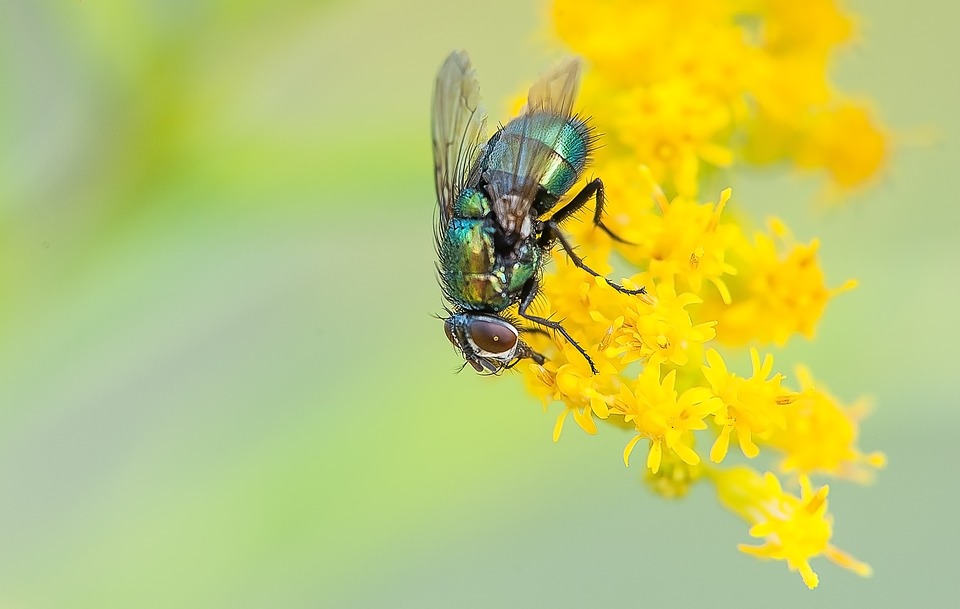Natural Protection: How to Choose Safe Bug Sprays for Your Family
As warmer months approach, so does the increased likelihood of encounters with pesky insects. While the swat-and-squash method might seem like a quick solution, many families are opting for bug sprays that offer renewed protection without the harsh chemicals often found in traditional repellents. With a growing concern for family safety and environmental impacts, parents are becoming more discerning about the products they choose. Here’s how to navigate the world of natural bug sprays to keep your loved ones safe.
Understanding Insect Repellents
Insect repellents come in various formulations, with active ingredients that can either be synthetic or naturally derived. Conventional insect repellents typically contain DEET, picaridin, or IR3535, which are effective but may pose risks of skin irritation or allergic reactions, particularly for sensitive individuals. The rise in awareness about potential health hazards has propelled a shift towards natural alternatives.
Benefits of Natural Bug Sprays
-
Safety for Kids and Pets: Natural bug sprays tend to use ingredients recognized as safe for humans and pets. Essential oils—such as citronella, eucalyptus, lavender, and peppermint—serve as effective deterrents and are favored for their pleasant aromas.
-
Skin-Friendly: Formulations without synthetic chemicals are less likely to cause irritations, making them suitable for children with sensitive skin.
-
Eco-Friendly: Many natural insect repellents are biodegradable and do not harm the environment, promoting a more sustainable approach to pest control.
- Versatility: Natural sprays can often double as skincare products, offering moisturizers or soothing properties alongside insect repellent effects.
Choosing the Right Natural Bug Spray
When selecting a natural bug spray for your family, consider the following factors:
-
Active Ingredients: Look for products that contain essential oils that repel insects. Some of the safest and most effective ones include:
- Lemon Eucalyptus Oil: Recognized by the CDC as a viable alternative to DEET, it can provide protection against mosquitoes for several hours.
- Citronella Oil: Commonly used in candles and topical sprays, citronella is effective against mosquitoes and is favored for outdoor use.
- Lavender and Tea Tree Oils: Known for their calming scents, both oils are effective against various insects and have natural skin-soothing properties.
-
Concentration: Natural doesn’t always mean less effective. Pay attention to the concentration of active ingredients to ensure adequate protection. A higher concentration of effective oils can lead to longer-lasting protection.
-
Skin Sensitivity: Conduct a patch test for any new product, particularly if your family has a history of skin sensitivities or allergies. Apply a small amount on a limited skin area to check for any adverse reactions.
-
Formulation: Choose a formulation that best suits your lifestyle. Sprays, oils, or roll-ons offer different application methods. Consider what will be easiest for your family to use consistently.
-
Reviews and Certifications: Check customer reviews and look for certifications that indicate a product’s efficacy and safety standards. Organic certifications can also provide peace of mind regarding ingredient sourcing.
- Conscious Brands: Support brands that prioritize transparent labeling practices and sustainable sourcing. Many eco-conscious brands not only offer natural products but also contribute to environmental causes.
Remembering Application Practices
Even when using natural bug sprays, application practices remain crucial for effectiveness:
-
Reapply Regularly: Many natural ingredients tend to evaporate quicker than synthetic alternatives, so reapplication every couple of hours—especially after swimming or sweating—is essential.
-
Use on Clothes: Some products can be applied to clothing and gear for added protection. Make sure to adhere to the manufacturer’s instructions to avoid stains or damage.
- Combine Measures: Natural sprays are often most effective when combined with other protective measures, such as wearing long sleeves, using screens, and setting up mosquito nets during outdoor family gatherings.
Conclusion
Choosing the right bug spray for your family doesn’t have to be daunting. By focusing on natural products with effective and safe ingredients, you can provide effective protection against pesky bugs while minimizing health risks and environmental impact. As with all products, prioritize safety, be aware of any possible sensitivities, and if possible, consult with a pediatrician to ensure that your insect repellent choices align with your family’s specific needs. Enjoying a bug-free summer is possible—naturally!
